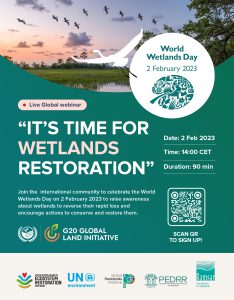
Webinar: World Wetlands Day
Join the international community to celebrate World Wetlands Day on 2 February 2023. Meet experts as they discuss the importance of restoring wetlands ecosystems and share success stories during the webinar.

Join the international community to celebrate World Wetlands Day on 2 February 2023. Meet experts as they discuss the importance of restoring wetlands ecosystems and share success stories during the webinar.

The UNEP-DHI centre is a long-term partner of the United Nations Environment Programme, providing cutting-edge technical expertise to aid the implementation of Sustainable Development Goal 6 on water. Gareth James Lloyd, the centre’s deputy Chief Manager, explains how UNEP-DHI came to being, and why it’s work on freshwater ecosystems is critical for UNEP.

Lakes are invaluable to human and ecosystem health. They contain 90% of the planet’s surface freshwater, provide a home to wildlife, sustain livelihoods, and mitigate climate change. However, due to climate change, pollution, and other factors, the extent and health of lakes worldwide is declining rapidly. Sustainable management of lakes must be part of the solution.
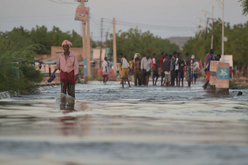
Interlocking problems of illegal logging, deforestation, land degradation, and climate change exacerbate the risk of devastating flooding in Somalia. Ahead of flash flood season, UNEP-DHI has released a study to aid flood management using nature-based solutions.

On this Earth Day, join us in celebrating the role of nature in sustainable water resources management, and help make sure it remains at the center of the transformation our planet needs.

UNEP is co-organizing a session at the World Forestry Congress in Korea (2-6 May) entitled “Forest-Water Connections to achieve the SDGs”. The session will explore how managing forests for water-related services can contribute to achieving the SDGs.
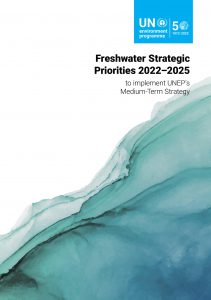
UNEP-DHI contributed to UNEP’S latest strategic document on freshwater-related priorities. The document describes the crucial role of freshwater bodies in meeting water-related SDGs and in addressing the three interlinked planetary crises recognized in UNEP’s Medium-Term Strategy: climate change, biodiversity loss, and pollution.
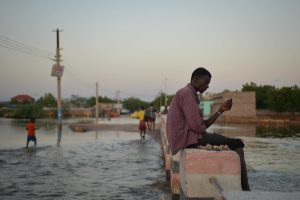
Riparian countries worked together with UNEP towards improving the scientific understanding of the hydrological regimes and ecosystem services of the Omo-Turkana and D’aua-Juba-Shabelle basins, creating tools for decision support of sustainable management of the transboundary water resources.
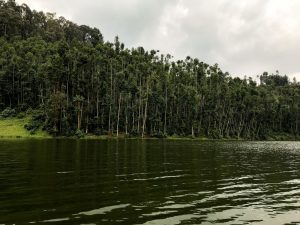
Wetlands are some of the planet’s most important ecosystems. They’re a haven for wildlife, they filter pollution and they’re important stores of carbon. But they’re also one of the Earth’s most threatened habitats.
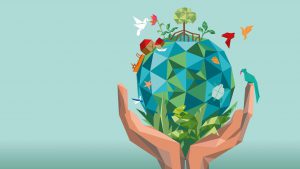
A call to take action for wetlands is the focus of this years’ campaign.
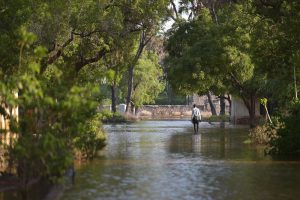
UNEP-DHI is supporting the National Flood and Drought Task Force of Somalia in researching the applicability of NbS for riverine and flash flood risk mitigation. The project focuses on the communities within the Juba-Shabelle River basin.
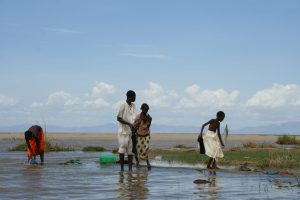
Improving the scientific understanding of the hydrological regimes and ecosystem services of Lake Turkana and its river basins will inform decision making on the sustainable management of the transboundary water resources.
UNEP DHI Partnership – Centre on Water and Environment
Agern Allé 5, 2970 Denmark
Tel: +45 45169200